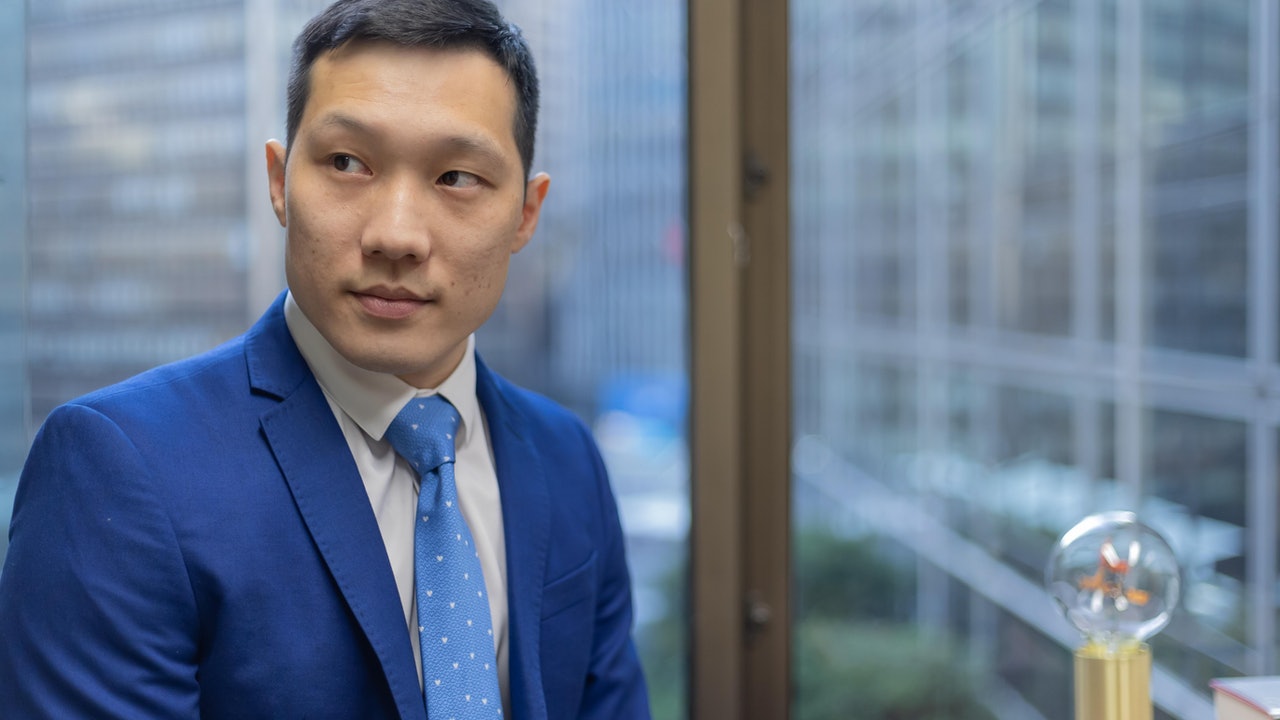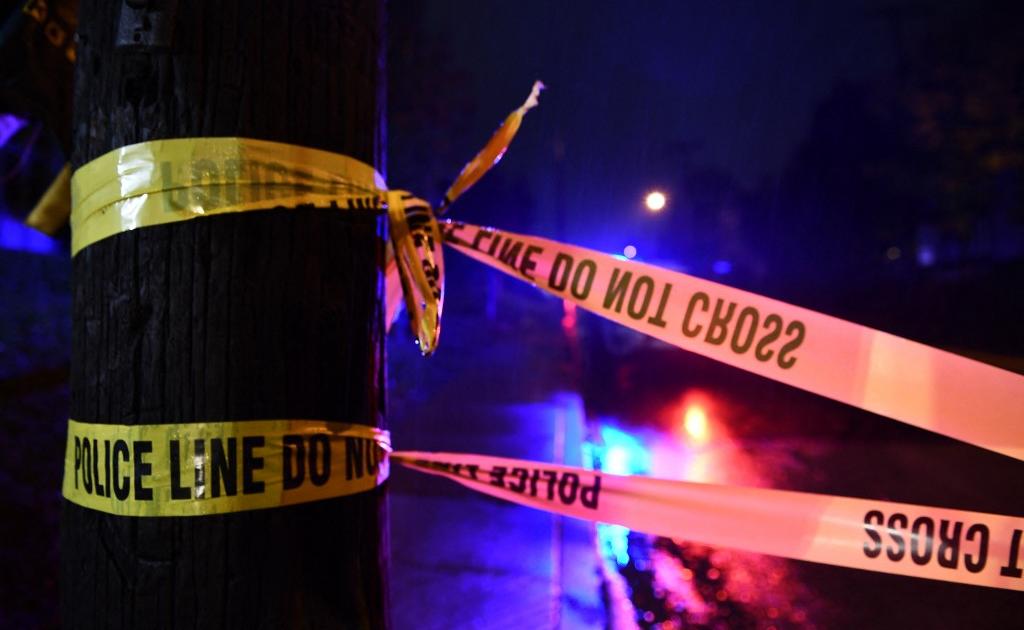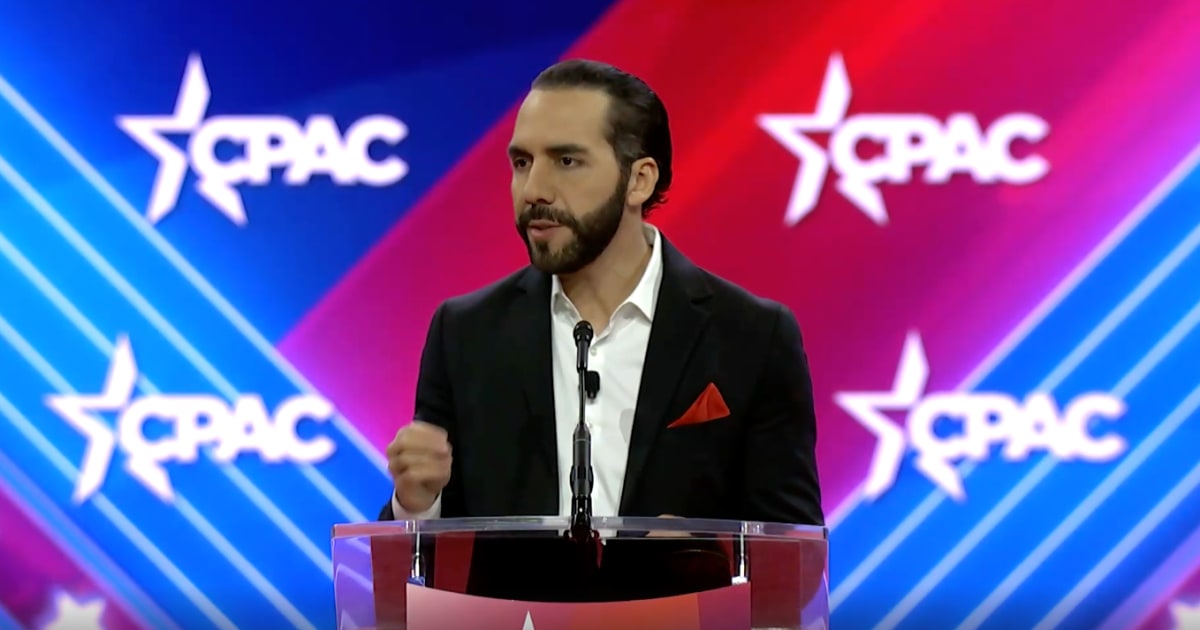In the past two years, the hottest investment in the United States has to mention SPAC, and Singapore and Hong Kong also hope to get a share of the pie.
However, the performance of SPAC companies in the United States after the merger has not been as ideal, and the market is worried about whether the myth of SPAC's "turning stones into gold" is a thing of the past.
The analysis believes that there are too many people in the U.S. market who "know how to do" SPACs, and the quality of SPAC companies is uneven. There is no reason why local research has introduced the "stable formation" model of SPACs.
According to information from the US Securities and Exchange Commission, last year there were 248 SPAC companies listed in the United States, 112 of which were merged, raising 83.4 billion U.S. dollars and an average of 336 million U.S. dollars.
There are a total of 450 SPAC companies listed this year, of which 366 have completed mergers, raising US$128.9 billion, and the average amount of funds raised has dropped to US$288 million.
Although SPAC is still crowded in the United States, the funding is obviously cold.
ASM executive director Huang Kekai pointed out that the current SPAC promoters and target companies are facing very heavy redemption pressure from shareholders.
(Photo by Yu Junliang)
More than 90% of SPAC companies fall below the $10 offer price
As for the stock price performance, according to statistics of the SPAC that completed the merger last year, in terms of the median stock price performance, the stock price of the SPAC company from the listing to the announcement of the transaction performed better than the Russell 3000 Index, but the stock price performance underperformed the market after the transaction was completed. .
What's more, 94% of SPAC transactions are currently priced below US$10. In order to prevent investors from redeeming, some SPACs provide a guaranteed return of 2.7%.
Huang Kekai, the executive director of Argyle Street Management Limited, said after his observation: "However, most of the SPACs in the home market are "trade below par" (US$10). It is difficult to persuade investors to participate in PIPE (Private Investment in Public Equity). , So when faced with a merger with a minimum cash requirement, there is a lot of uncertainty.” He pointed out that the biggest reason is that the attitude and regulatory requirements of the US Securities Regulatory Commission have changed, which has made investors become very Be cautious, "The sponsors of the SPAC and the target company are facing very large redemption pressure from shareholders."
The recent weakness of the SPAC share price has become a new target for short-selling institutions.
(Getty Images)
Two people see if SPAC is stable
In the past, the market was eager for SPAC, all because of its relatively hard and net stock price, and at the same time, it can decide to redeem it when the target is merged, and get back the principal without risk.
However, with the recent weakness of the SPAC company's share price, short-sellers began to play SPAC ideas.
According to the research of Breakout Point, a statistical company, once a short-seller publicly attacked the target SPAC company, the company fell by an average of 14.2%; one month later, the average fell by 24.7%.
Among them, the short-seller Quintessential Capital Management bet on the SPAC merged with the music streaming service company Akazoo in early 2020, and was subsequently found to be fraudulent and delisted.
However, Huang Kekai believes that the company's being sniped has little to do with whether it is listed through SPAC.
"Short-sellers can make the idea of any listed company, especially in the United States. Short-selling and litigation are common investment strategies. SPACs, like all IPO listed companies, have different quality." However, investors can announce their M&A targets in SPACs. At the time, pay attention to whether the sponsor has done due diligence, if they have sufficient understanding of the target company’s management, industry, services, products, market, etc., as well as whether the combined valuation and terms can meet the target company’s minimum cash requirements, etc.
Some industry believes that the Hong Kong Stock Exchange has decided to establish a more rigorous "line of defense" after referring to the experience of the spread of SPACs in the United States, which is reasonable.
(Profile picture)
The Stock Exchange draws on U.S. experience and strengthens supervision to prevent accidents
Huang Kekai bluntly said that because there are too many people in the United States who "know how to do" SPACs, the quality of SPAC companies varies.
"In the United States, many celebrities from different sectors will use their fame to start a SPAC, even sports stars are no exception." For example, NBA star Shaquille O'Neal serves as a consultant for SPAC company BowX Acquisition Corp. Another star Stephen Curry also invested in SPAC.
According to data from Sportico, as of March this year, 61 SPACs related to sports celebrities have been established; in 2019, there were only five companies.
This phenomenon exactly reflects the proliferation of SPACs in the United States. Recently, the United States has also strengthened the supervision of round permits, hoping to cool the SPAC market.
"The number of SPAC listings and the amount of funds raised has increased rapidly in the past two years, and regulators have begun to worry that there are not enough high-quality target companies."
He added that the life cycle of SPAC is only two years. In order to prevent investors from exercising the right of redemption, SPAC promoters may randomly find some companies that barely meet the requirements to merge within a deadline; or in order to successfully merge, they did not try their best to respond. The due diligence has caused problems after the company went public.
After learning from the actual situation in the United States, the Stock Exchange’s requirements for SPAC sponsors are slightly stricter than those in the United States. In addition, "Professional Investor Restrictions" are added. It doesn't make sense.
"Retail investors may not have the ability to analyze the quality of SPAC sponsors. Everyone can easily do SPACs, and if they participate in retail investors, they will directly lose money to the public when something happens, but PI (professional investors) will not be noisy if they lose money! "















